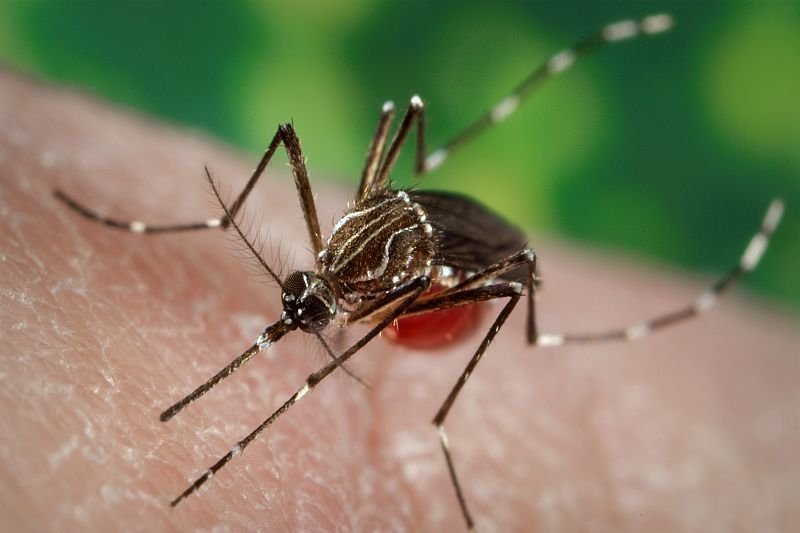Health officials confirmed 10 cases of the mosquito-borne West Nile virus in Miami. File photo courtesy of the CDC
June 26 (UPI) -- Ten people in Miami tested positive for West Nile disease, and the virus also was detected in Texas and Illinois this week as health officials raised alerts for the mosquito-borne illness.
The biggest outbreak was reported Thursday in Miami-Dade County in Florida, where the Florida Department of Health announced it had detected 10 new cases of West Nile infection and issued a mosquito-borne illness alert.
The latest cases raised the total number of infections in Miami-Dade to 14 so far this year.
Health officials urged residents to drain standing water where mosquitoes breed, such as garbage cans, house gutters, buckets and pool covers. They also advised people cover skin with clothing or chemical repellent such as DEET, picaridin, oil of lemon eucalyptus.
In Texas, health officials reported that two mosquito samples taken in the Houston suburb of The Woodlands tested positive for the West Nile virus.
Residents there were likewise advised to wear insect repellent, eliminate standing water and wear long-sleeved, loose-fitting clothing.
Positive West Nile samples were also reported in Denton, Texas, about 40 miles northwest of Dallas. It was the city's second positive sample of the year.
In Illinois, health officials found the West Nile virus in mosquitoes sampled at suburban Glencoe, located about 20 miles north of Chicago.
Positive samples were recorded earlier this year in nearby Evanston and Lincolnwood.
West Nile virus is the leading cause of mosquito-borne disease in the continental United States and is most commonly spread by the bite of an infected mosquito. There are no vaccines to prevent or medications to treat West Nile infections in people.
Most people infected with West Nile virus do not feel sick, and only about 1 in 5 develop a fever and other symptoms such as headache, pain, and fatigue. Less than 1 percent of infected people develop a serious, sometimes fatal, illness.
People over the age of 60 and individuals with weakened immune systems are at an increased risk for the severe form of the disease.















